Google Analytics
What is Google Analytics?
Google Analytics is a web analytics tool provided by Google that helps track and analyze website traffic. It offers insights into how visitors interact with your website, including data on page views, user behavior, traffic sources, conversion rates, and more. Google Analytics is essential for understanding the performance of your website and making data-driven decisions to improve user experience and achieve marketing goals.
Why is Google Analytics Important?
Google Analytics is important because it provides valuable insights into your website's performance and user behavior. It helps you understand which content is most popular, how visitors are finding your site, and what actions they take while on your site. This information is crucial for optimizing your website, improving user experience, and enhancing your overall marketing strategy.
Google Analytics also allows you to track key performance indicators (KPIs) and measure the effectiveness of your marketing campaigns. By analyzing data such as traffic sources, bounce rates, and conversion rates, you can identify areas for improvement and make informed decisions to drive better results.
Best Practices for Using Google Analytics
1. Set Up Goals
Define and set up goals in Google Analytics to track specific actions you want visitors to take, such as making a purchase, filling out a form, or subscribing to a newsletter. Goals help measure the success of your website and marketing efforts.
2. Use UTM Parameters
Use UTM parameters to track the effectiveness of your marketing campaigns. UTM parameters are tags added to your URLs that provide detailed information about the traffic source, medium, and campaign. This data helps you understand which campaigns are driving traffic and conversions.
3. Monitor Key Metrics
Regularly monitor key metrics such as page views, bounce rates, average session duration, and conversion rates. These metrics provide insights into user behavior and website performance. Use this data to identify trends and areas for improvement.
4. Segment Your Audience
Use audience segmentation to analyze specific groups of visitors based on criteria such as demographics, behavior, and traffic source. Segmentation helps you understand the preferences and needs of different audience segments and tailor your marketing strategies accordingly.
5. Track Traffic Sources
Analyze traffic sources to understand where your visitors are coming from, whether it’s organic search, paid advertising, social media, or direct traffic. Knowing your traffic sources helps you allocate resources effectively and optimize your marketing efforts.
6. Use Custom Reports
Create custom reports to focus on the metrics and dimensions that are most relevant to your business goals. Custom reports provide a tailored view of your data, making it easier to analyze and draw actionable insights.
7. Set Up Event Tracking
Implement event tracking to monitor specific interactions on your website, such as button clicks, video plays, or file downloads. Event tracking provides detailed insights into user engagement and helps measure the effectiveness of interactive elements.
8. Analyze Conversion Funnels
Use conversion funnel analysis to visualize the steps visitors take to complete a goal. Identify where users drop off in the funnel and optimize those stages to improve conversion rates. Funnel analysis helps enhance the user journey and increase conversions.
9. Implement Site Search Tracking
Enable site search tracking to analyze how visitors use your website’s search function. Understanding what users are searching for can reveal content gaps and opportunities for improvement. Use this data to enhance your content strategy and user experience.
10. Regularly Review and Adjust
Regularly review your Google Analytics data and adjust your strategies based on the insights gained. Continuously test, analyze, and optimize your website and marketing efforts to achieve better results. Data-driven decision-making ensures continuous improvement.
By following these best practices, you can effectively use Google Analytics to gain valuable insights, optimize your website, and improve your overall marketing performance.
For more terms, return to the content marketing glossary and freelance writing glossary.

